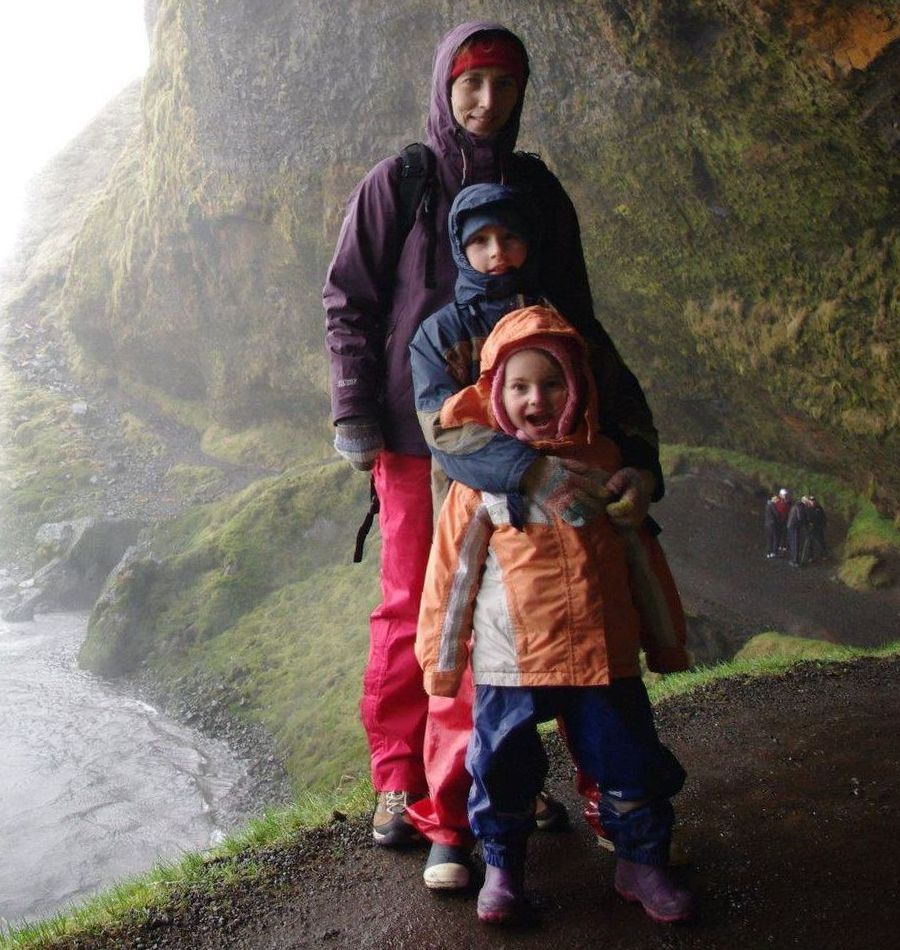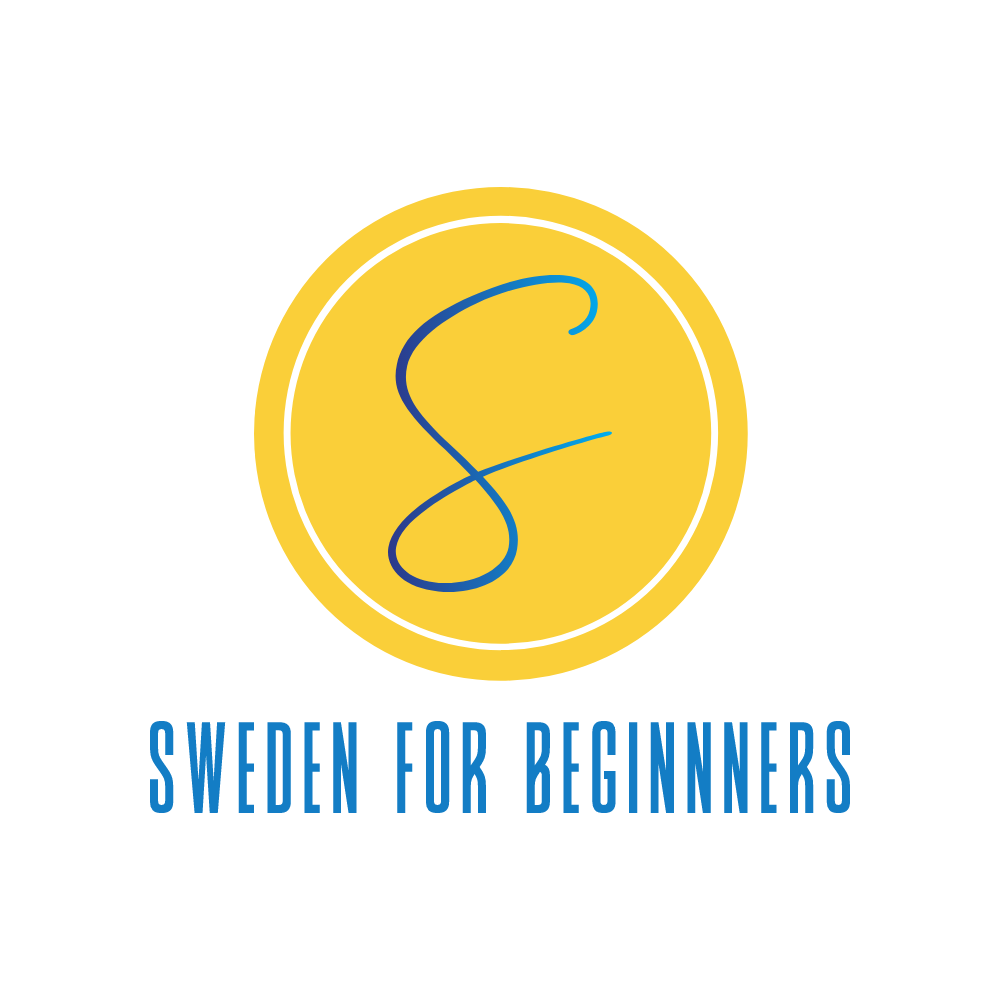Ten questions for Marija, a Fifteen-Year Iceland Resident

We've all heard about the Iceland in the news lately, right? News headlines have been dominated by the volcanic eruptions that have put this picturesque country into the global spotlight.
Iceland is usually mentioned as a dream holiday destination, so we all now about stunning landscapes and unique culture but living there must be another story.
I recently took a trip to the Iceland: I've never been so cold in my life (and I've lived in Sweden for a while, so I know how to dress for the weather). The wind... I felt it in my bones and beyond.
How lucky I am to have a friend who lived in the capital of this extraordinary country for a decade? She's got a husband, three kids, and had a front-row seat to all the volcanic drama.
Marija is originally from Serbia; after fifteen years in Iceland, they moved to Sweden, where they have been living for 9 years now. She is the ideal person to examine the basic differences in the way of life between these two countries.
I asked Marija about the highs, the lows, and everything in between on Iceland.
The biggest difference in everyday life between Sweden and Iceland?
On Iceland work is closer and you use rarely the public transport. Instead you go by bike, car or simply walk. In Sweden, public transport is indispensable. I guess it's because of the size of the cities. Reykjavik is actually not big (it has a population of around 140 000) and everything is close at hand.
Have your three daughters experienced any changes in school or social life after moving to Sweden?
The oldest, who was 12 at the time, felt as if she had fallen from Mars, as we say in the Balkans. Everything was different, the language, way of life, social life, climate. At that time, she was training basketball and the coach was from the Balkans, which meant at least one less complication in communication. The other two were small, especially the youngest, who was 19 months old. The transition was easier for them.
Did you have to adapt to the difference in climate between Sweden and Iceland?
When we moved to Sweden in October, I remembered the autumn of fallen leaves of different colors, like in my childhood in Serbia, while the children experienced it for the first time. Also, the winter was colder compared to the one in Reykjavik. Unlike the one in Iceland, the winter in Sweden was windless. We didn't have thick jackets for the big minus, but more jackets for wind and rain, so that first winter was a surprise and we had to buy different winter jackets.

How do you cope with the frequent changes in light throughout the year in Iceland compared to Sweden?
It's pretty much the same, there is just more darkness in the winter in Iceland and more sun in the summer.
Any anecdotes or a funny situation that happened because of language misunderstandings?
There are a lot of "false friends" between these two languages, so there were minor misunderstandings when we started speaking Swedish. There were more unusual questions about life in Iceland: one girl most seriously asked my oldest daughter (they trained together) if we lived in an igloo in Iceland. Iceland is exotic even to Swedes.
Any cultural differences between Sweden and Iceland?
There are some minor differences, but I find Iceland culturally Scandinavian in most major ways. I would say, however, that they are still more open and approachable than the Swedes.
How about the class gap?
I think that Icelandic society is much more equal than Swedish, there are no, for example, private schools. The most important factor in all of this, in my opinion, is the homogeneity of Icelandic society – probably due to its size.
Food prices, prices in general
Groceries are very expensive in Iceland and everyone who comes to visit complains about it. Almost no fruit and vegetables grow in Iceland, everything is imported. (Except maybe fermented shark which is an Icelandic delicacy.) But it's not just groceries that are expensive: Iceland has a complex economy, it's hard to get top-quality items (there's no Amazon, eBay, Starbucks or McDonalds), and the items you can find cost too much. Alcohol, for example, can only be bought in special shops, as in Sweden. There are not many of them, they close at 8:00 p.m. and are closed on Sundays and public holidays.
But it should also be said that the salaries are very high.
Things you miss from Iceland:
Swimming in geothermal pools, efficient administration, absence of crime and mosquitoes.
Sweden or Iceland?
Every country has its advantages and disadvantages. Iceland was a perfect country for us at the time. The country was something new to us, we were a young family that just started life together, children were born there…So it was a very beautiful and emotional period of our life. Afterwards we wanted to move to the continent, but preferably to Scandinavia because of the school system, and easier transition.
So, here we are in Sweden, it’s bigger and it has more opportunities for the children and us.
Nowhere is ideal, but you should always look at the positive side.
This is the most appropriate sentence to finish our little conversation because it perfectly describes Marija's life attitude: find the best in everything and don't complain. Perhaps this attitude is the reason why Icelanders rank so high in all happiness surveys.



